A third of Jerusalemites, the Arab population, lives in East Jerusalem, an area not visited by Jewish Israelis or American Jews
The row between the United States and Israel over building housing for Jews in East Jerualem erupted in spectacular fashion during Vice President Joe Biden’s visit to Israel last week. In the midst of the brouhaha, Israeli Prime Minister Benjamin Netanyahu visited the States to address the AIPAC policy conference in Washington, D.C., and met with Secretary of State Hillary Clinton and President Barack Obama.
Before wading too far into the multi-dimensional controversy over East Jerusalem, which came into Israel’s hands in the 1967 Six-Day War, click here to see a detailed map of “Greater Jerusalem” created by Ir Amim, a think tank in Jerusalem that studies the effects of the security barrier on life in Israel’s largest city. A defining architectural feature of Israel’s capital, which the Palestinians also claim as the capital of their future state, is the barrier that is formed alternately by a fence and a 25-foot wall. It encircles Palestinian villages that have been incorporated into the city, and separates many Palestinians from their relatives in the West Bank. Of course, Israeli officials credit the barrier with drastically reducing the number of terrorist attacks.
 Greater Jerusalem 2009 (Ir Amim)
Greater Jerusalem 2009 (Ir Amim)
The rhetoric favored by Israeli and American Jewish officials is that Jerusalem is the undivided and eternal capital of the State of Israel. Or as Netanyahu told the AIPAC audience: “The connection between the Jewish people and the Land of Israel cannot be denied. The connection between the Jewish people and Jerusalem cannot be denied. The Jewish people were building Jerusalem 3,000 year ago and the Jewish people are building Jerusalem today. Jerusalem is not a settlement. It is our capital.”
When author (The Hebrew Republic) and blogger Bernard Avishai heard the report about Netanyahu’s speech on Reshet Bet radio, he felt a “twinge of pathos.”
In his blog post titled “AIPAC Agonistes,” which features a photo of the protagonist from A Serious Man adjusting the TV antenna on his roof, Avishai writes:
These are not stupid people. They are serious people. They know, surely, that the construction in contention is in East Jerusalem neighborhoods that threaten to entirely cut off 300,000 Palestinians from their families and commercial opportunities in the West Bank. They know that any effort to keep these neighborhoods, or preserve the status quo, will result in Bosnian style violence. They know that this violence would further undermine American interests in the region.
The serious public spat between the U.S. and Israel over the future shape of Jerusalem has excited the blogosphere. Pundits from the left and right have been weighing in.
From Israeli officialdom, Michael Oren, the Jewish state’s ambassador to the U.S., wrote an op-ed for the New York Times, in which he tried to minimize the dimensions of the disagreement. On the matter of Biden getting sandbagged during his visit by the announcement that 1,600 new units of Jewish housing were approved for the Orthodox Jewish neighborhood of Ramat Shlomo in East Jerusalem, Oren allows that while “this discord was unfortunate, it was not a historic low point in United States-Israel relations; nor did I ever say that it was, contrary to some reports.”
Oren’s commentary followed by a few days the column in the Times by St. Louis Park native Tom Friedman, who suggested that Israel was “driving drunk,” as far as its embarrassing gaffe during the Biden visit. Friedman also wrote:
Israel needs a wake-up call. Continuing to build settlements in the West Bank, and even housing in disputed East Jerusalem, is sheer madness. Yasir Arafat accepted that Jewish suburbs there would be under Israeli sovereignty in any peace deal that would also make Arab parts of East Jerusalem the Palestinian capital. Israel’s planned housing expansion now raises questions about whether Israel will ever be willing to concede a Palestinian capital in Arab neighborhoods of East Jerusalem — a big problem.
As the dispute between the allies played out during the AIPAC policy conference, J Street, the “pro-Israel, pro-peace” lobbying group (sometime portrayed as a dovish alternative to AIPAC), seized the moment with a full-page ad in the New York Times.
Here’s the text of the ad:
IT’S TIME
Friendship between Israel and the United States is based on common interests and shared values. Friendship demands respect for each other’s needs. And, sometimes, friendship means telling hard truths — particularly if we’re going to end the Israeli-Palestinian conflict through a two-state solution.
For the U.S., it’s a matter of national security. So says the commander of American forces in the region, General David Petraeus.
For Israel, it’s existential — the only way Israel can remain both Jewish and democratic. So says its Defense Minister Ehud Barak.
This is no time for a business-as-usual peace process — no time for politics as usual.It’s time for the Obama administration to seize the opportunity for bold leadership — putting concrete plans for a two-state solution on the table with the sustained commitment of the United States behind them.
It’s time for the Palestinians to end incitement to violence.
It’s time for Israel to stop allowing extremist settlers and their sympathizers to endanger not only the friendship of the United States, but also the very future of Israel.
Returning to the dispute over Jerusalem real estate, an extremely touchy subject, Akiva Eldar wrote in Haaretz that the rhetoric of Israel’s leaders reveals that they “have no clue what’s happening in Israel’s largest city. Forty-three years after Levi Eshkol’s government annexed East Jerusalem at the expense of its Palestinian residents, ‘an undivided Jerusalem’ is little more than an empty slogan. For 17 years, since the days of the Peres-Yitzhak Rabin administration, holy places in the Old City have been closed to Muslim and Christian believers from the occupied territories. The only East Jerusalem residents allowed to enter the Temple Mount compound are women and the elderly.”
Eldar, who is on the left of Israel’s political spectrum, also turns his sights on “Jewish-American actvists” who he sees as being unconcerned about the discriminatory treatment accorded Arab residents of East Jerusalem. He asserts that these American Jews, “most of them liberals who rejoiced in the election of a black president,” are like “most Israelis” who “have never come close to the Shoafat refugee camp, in ‘undivided Jerusalem.'”
In fact both Jewish Israelis and Jewish Americans do not visit the Arab precincts of East Jerusalem. They are not on the itinerary of Jewish federation tours, although I have been told that Ir Amim has guided a number of federation-sponsored groups through East Jerusalem. But mainly, Jews do not see the hillside garbage dumps that are prevalent in Arab neighborhoods, which do not enjoy the same municipal services that are provided in West Jerusalem. They do not know that the Arabs in East Jerusalem possess Israeli ID cards, but no passports; they are stateless and have to obtain a laissez-passer, a travel document, to go abroad.
The ship of U.S.-Israel relations has run aground in East Jerusalem. And any negotiated deal to end the long-running Israeli-Palestinian conflict will require an equitable settlement of the competing claims to Jerusalem. — Mordecai Specktor









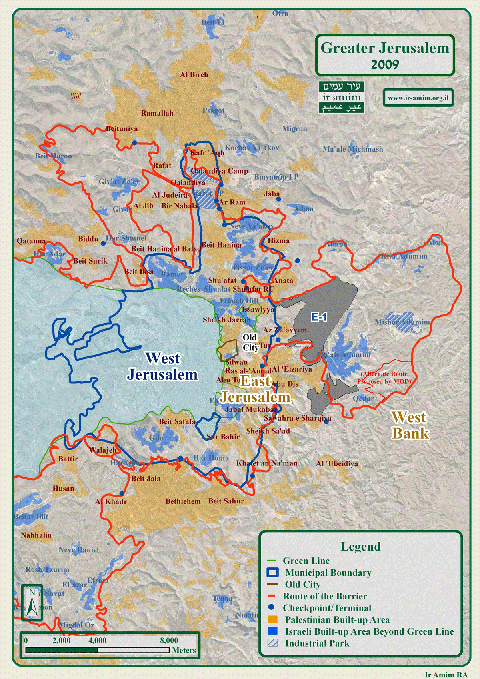 Greater Jerusalem 2009 (Ir Amim)
Greater Jerusalem 2009 (Ir Amim)

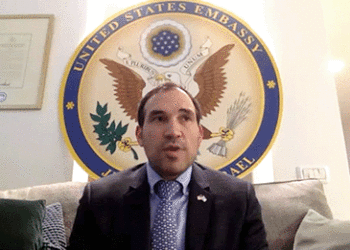
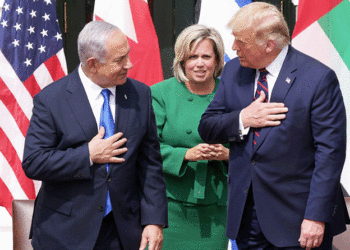
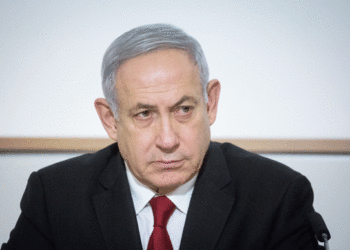
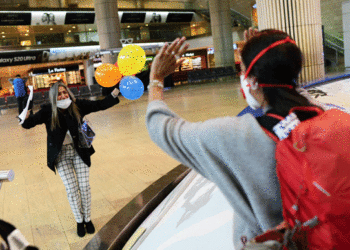





Comments 0